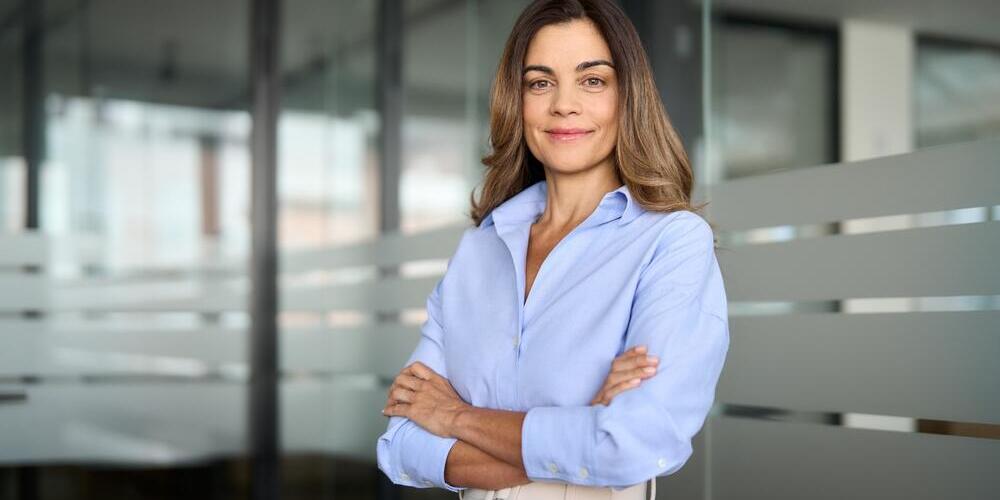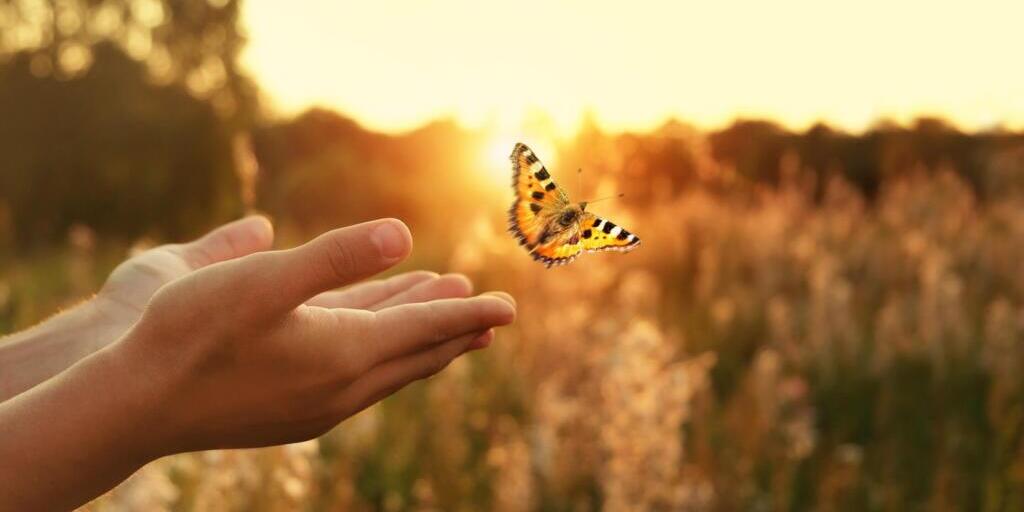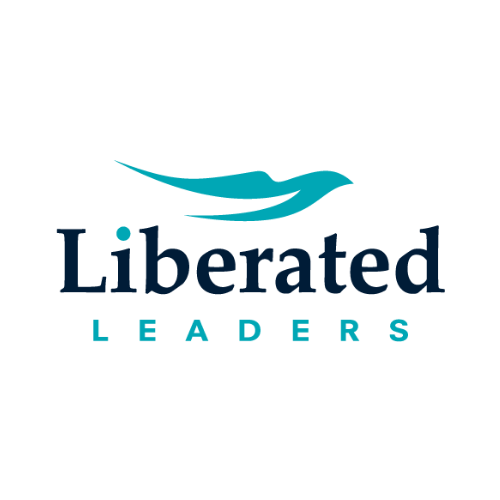Taking Responsibilty
Top Trending Posts
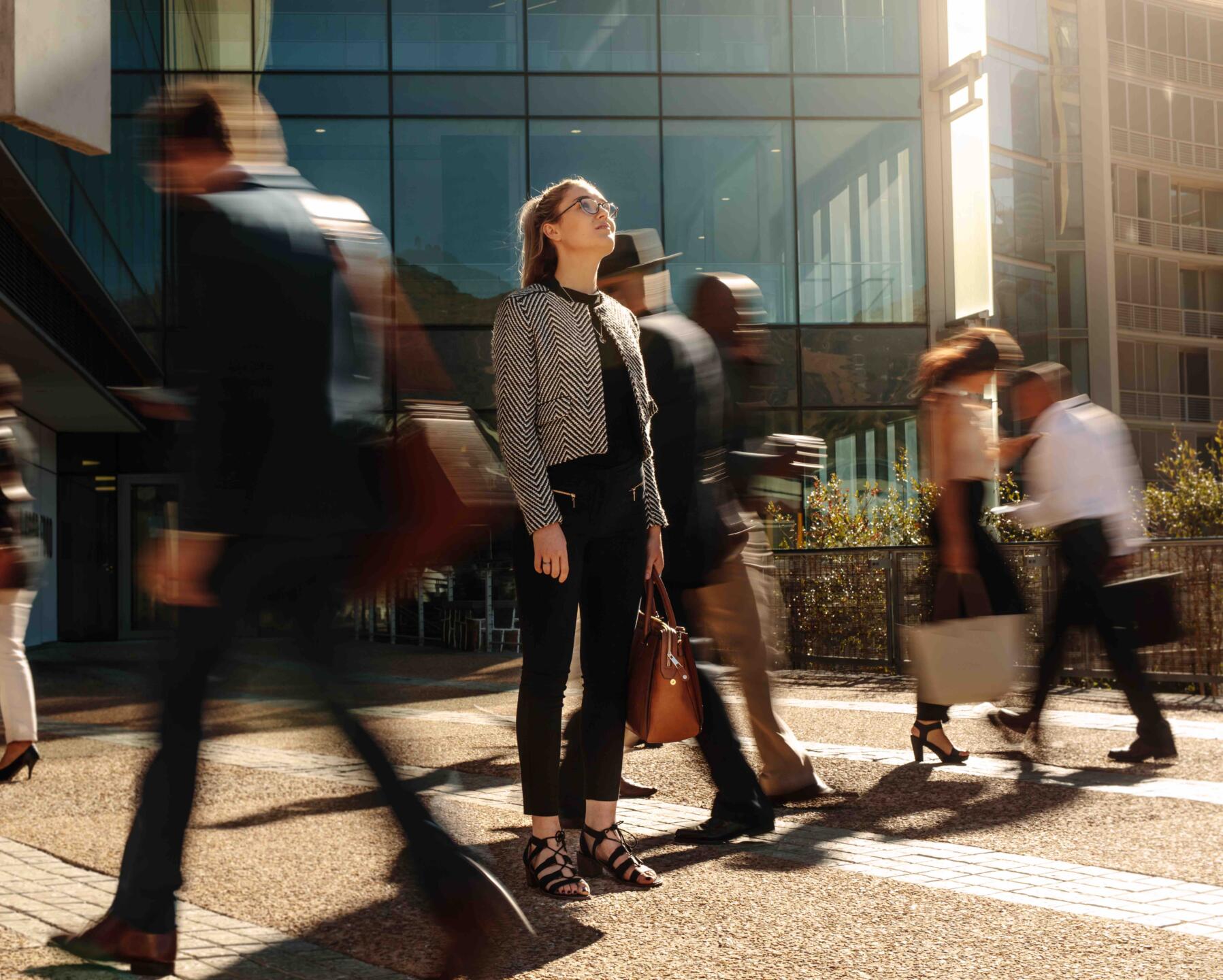
Who is the ‘citizen’ you are becoming and what role would you like to play in the future of our planet?
This is not an ‘everyday’ question, but in the time of Covid, it has us tune in to some deeper reflections on purpose, meaning and the world we live in.
Every Saturday we invest a good 5 hours on Zoom in conversations with our learning community around the world. Not as educators, but as collaborators, students, co-designers of what comes next. Yesterdays’ calls had us gather ‘on the ground’ reports on Covid, BLM and the state of transformation in many parts of the world, from San Francisco, Virginia, and Houston in the US, to Singapore, Mexico and Milan. We of course connect from Australia.
In one of our conversations, it was a meme that caught our attention. An Earthquake hitting Mexico, people dashing to the streets and gathering outside before an untimely sneeze in the crowd, which forced another panicked run for safety in shelter. The non-sense of this time.
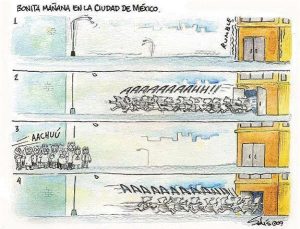
It’s probably easier to ‘turn off’, ‘tune out’ and thank our lucky stars we live here. It’s probably easier to distance ourselves, invest in the old Australian narrative that ‘she’ll be right, mate’ and move on with life as usual whilst ‘all that happens over there’. But that has us fall into an old complacency – being citizens of Australia with a parochial lens, rather than citizens of the world with an Australian voice.
There isn’t really a life as usual, even here. We are increasingly feeling the ripple effects of decisions in our global village. Our lives have been profoundly altered. Personally, yes. Professionally, yes. As a part of a global community, yes.
We never anticipated we’d be thankful for the bushfires that tore through our country earlier this year, but as the mysteriousness of these months continues to unfold, we see these in some way prepared us. They helped us ‘wake up’ and see that things weren’t OK on planet earth. Our country sent a warning sign forth to all citizens.
If you lived in a fire impacted region or breathed the air that lingered over our major cities for months, you might have realised that we as human beings could not separate ourselves from the experience. For a time, the world’s eyes were on Australia. The conversation was climate. The debate was fierce and there was a collective sentiment that we needed a shift in perspective and more action for climate. This movement could hardly gather momentum before Covid hit.
Covid helped bring the reality of ‘not OK’ a little closer. This time, it was not our homes under threat, but our lives. Directly and imminently. Life as we knew it pretty well stopped for many of us. A dramatic and sudden cessation of activity that showed us that we can work in new ways when forced to, and when the motivators (our lives) are strong enough. If you explore deep enough, this same argument stands for climate – we just haven’t the collective capacity to arrive in an appropriate conversation that reveals the immediacy.
In this country we are afforded many choices and this privilege is something we are aware of as authors. Our Government’s response to Covid has been noteworthy, particularly by comparison to other global experiences. Beyond the Government’s current Covid response, we have been thankful for our Medicare safety net, our capacity to mobilise resources in our Health sector, and the relative safety of the institutions that serve us. Socially, we have been impressed by the compliance of the Australian population during weeks of quarantine and the stories around us that show we are able to reach out and help those people that need our support.
These safety nets are not evident for the trans-pacific conversations we participate in. We, like many citizens of the world find what’s happening in the US, in particular, crushing. The daily political news, news of the virus, news of systemic breakdown, insights from commentators about waves of collapse and then, the reports from our colleagues and friends on the ground. As Australian observers, our eyes and attention are focused on the US. What is being revealed about our ally has us question our knowing of the US as a ‘super-power’. The BLM movement has only reinforced concerns and had us see that things are less than OK.
This morning we read an article from Umair Haque, titled Trump’s America is in Freefall. This is a bleak account of where America is headed. Covid is no canary in the coal mine. The nightly fireworks sounding in cities across the US are like groans from the shaft heralding collapse and this has implications for citizens around the world.
Covid is just a new part of this conversation, revealing trends that have existed for years, in fact decades. BC – Before Covid. Changing hegemonic powers, geopolitical shifts, China-US relations, a reconfiguring Asia, the frailty of democracy and dwindling trust in institutions have deep social and historical roots we are tuning into in these months of reflection.
In taking the time to attune to these domains, it is equally critical that we stay open to the possibilities that open for us as observers.
How can we can generate emotional fortitude to not merely exist in our shifting world, but be in conversations that generate possibilities rather than complaints. These are discussions we as leaders should be attuned to.
We need to ask ourselves who we choose to be as global citizens, how we generate a view that curates voices worthy of our attention, and how it is that we can participate constructively in our world.
We are such citizens. As authors, we consider ourselves lucky to be educated citizens. Many of you reading, like us, are lucky to be powerful and influential citizens. Citizens with a capacity to rebuild, rethink, re-invent and innovate. Citizens with an interest in the fate of global politics and relations. Citizens that experience the ripple effects, from all corners of our globe, on the offers we make and the businesses we lead or are a part of.
You could look at this as a burden, or you could flip the narrative. You could consider your ‘small voice’ just that, or you could be in action about the ways you can engage in conversations that provoke participation.
This is where we locate ourselves now. As generators of possibility, aware of the fragility of our economic and political systems, but no longer naïve as to the temporality of the futures we create at this moment of history.
So, the challenge we make is this – we are asking you to engage and there’s a particular way we have learned to do this that does not land in depression or cynicism, but acceptance and possibility. These are the hallmarks of the Liberated Leader.
Here are 3 ways to engage:
1. Read Widely and Educate Yourself
The temptation may be to read the streams you’ve always read and to rely on these as your window to the world. We start with the premise that we are global citizens and as such, need to tune into global voices for the sake of expanding our view. Credible sources from multiple continents – try Kishor Mahbubani, the Financial Times and Stephanie Kelton to begin. It can be helpful to withhold from reading voices as ‘facts’ but as another insight that helps you form your unique view. Generative views are more necessary these days – they engage us in possibility. What voices will you tune into over the coming months to expand your perspective?
2. Broaden Your Conversation Circle
Through conversations we invent new worlds together. If you’re conversing with people ‘just like you’, your world can shrink pretty quickly. Invest time in building communities beyond the familiar places of dialogue. We do this in our study groups and by locating our study in the US. We do this by being involved in conversations in different industries. We do this by making sure we engage the views of younger people. We do this by mixing teams for our leadership programs to maximise diversity. How will you do broaden your conversation circle?
3. Learn About and Cultivate a Constructive Mood!
If your narrative is hopeless and helpless, the moods of resignation and depression are surely not far away. Moods are like mirrors that reflect the narrative you construct and live in, both consciously and unconsciously. Being aware of such a narrative, and being able to construct a different perspective, opens the possibility for more helpful moods like acceptance, ambition, gratitude and wonder. When you can tune into and shift your mood, you can engage others in the conversations you want to have, and this helps you be far more influential. What mood do you want to generate to engage others?
Let’s finish with a recount of yesterday’s conversation to Milan. A wonderful young lady reached out looking for career direction. Her passion was sustainability. She was full of ideas for a different future and choosing a country where she (and her ideas) might flourish. We ruled out the UK because of the ‘absence’ of the conversation on sustainability (her assessment). The US was dubious for two reasons – the Trump administration and Covid (our assessment). Asia was promising because of some of the progressive discussions and the general growth trajectory. In the end, it seemed Australia, with a renewed climate position and New Zealand felt like good incubators (again, our shared assessment).
We make these assessments as global citizens, in global conversations, with a handle on geopolitical shifts. We are not saying we are experts in the domain, but that to be a global citizen means engaging as a global community and choosing to focus our attention in places and spaces of possibility. It means stepping beyond comfort zones and into uncomfortable spaces that reveal new ways of seeing and being in the world.
There will be new questions we ask in the future as we establish and re-establish how it is we work, where we work and the conditions we create for the people. As ‘the people’ we can shape this. Transformational conversations are a part of this global shift. And it seems that there are missing spaces for these conversations to be had.
As global citizens, when we engage, we can shape our futures.
Again, who is the ‘citizen’ you are becoming and what role would you like to play in the future of our planet?
Share This
Top Trending Posts
Sign Up
to our blogs and receive regular updates.

Stay in the Conversation
with Liberated Leaders...

